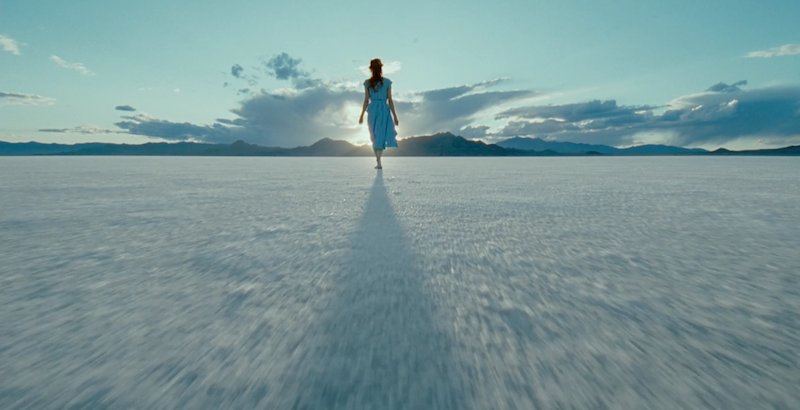Choric Space
William Coleman
The whole of my school sat within the nave of an Orthodox cathedral, learning the language of icons. Think of the way language works, our guide, Joshua, said. We experience far more than we can express. Our words are the tips of icebergs.
I looked again at the painted dome a hundred feet above us: Christ the Pantocrator, within a circle of light blue. Think about the metaphor, he said. Our words are not detached from the reality we hope to convey. They’re part of it. They’re the surface of the known and the unknown.
His own words ebbed; morning prayer had begun. We rose. The priest was coming down the aisle. He stopped before the twin doors that stood before us, the threshold between our place and the space where the altar lay. Small beneath the surging interior, the priest willed himself smaller, bowing as the cantor chanted, “Lord have mercy, Lord have mercy, Lord have mercy, Lord have mercy, Lord have mercy, Lord have mercy, Lord have mercy, Lord have mercy, Lord have mercy, Lord have mercy, Lord have mercy, Lord have mercy.”
The rapid words nearly lost their meaning, nearly dissolved into the substance that gave them rise—the human thrum of pure and urgent need—but they did not dissolve; somehow, they grew more integral. I was aware of the words’ surface meanings, even as I felt the unseen gravity in which those meanings participated; in no time, I was consciously outside this ritual’s import and helplessly within its radiant compression.
And I was not alone. As Seamus Heaney puts it in The Cure at Troy,his version of Philoctetes,such space in choric:
[…] my part is the chorus, and the chorus
Is more or less a borderline between
The you and the me and the it of it
Between the gods’ and human beings' sense of things.
And that’s the borderline that poetry
Operates on too, always in between
What you would like to happen and what will--
Whether you like it or not.
The chorus of Ancient Greece entered and exited like curtains, moved and had their say in a circle of space between the audience and the players, fluidly entering and exiting the drama, becoming one person, returning to twelve. They shared in the action and were outside it. And the hilltop rose around them, row upon row.
When the moment had passed, the students, my fellow faculty, and I made our way to the conference we’d come to see. I watched as learned men dissected and diagnosed the secular age, derided the destruction of mystery by the forces of science; I watched a man return again and again to the subject of same-sex marriage as though trying to come to terms with a blight. His parting words, the end of an answer to a curious member of our assembled body, were “And that is why I am not hopeful about the future.” The theme of the conference was wonder.
“How soon, unaccountable, I became tired and sick.” The words, of course, are Whitman's, but they were my words, too. All morning, they arrived to fill the space other words left empty. Sitting in the fellowship hall, I longed for awe, for the choric space Whitman found: “[R]ising and gliding out, I wander’d off by myself/In the mystical moist night-air, and from time to time,/Look’d up in perfect silence at the stars.”
Small wonder my thoughts floated back to the nave.


